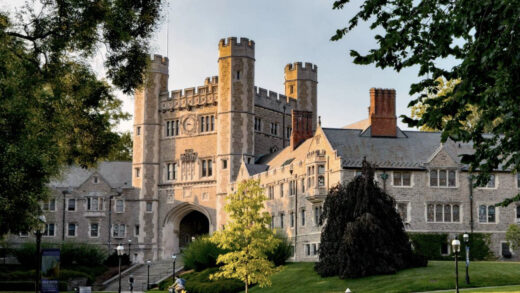Brussels sprouts are a type of cruciferous vegetable that resemble miniature cabbages. While they may not be everyone’s favorite vegetable, they are certainly worth considering as part of a healthy diet. Brussels sprouts are rich in nutrients and have been linked to a range of health benefits. In this article, we will explore some of the surprising Brussels sprouts benefits.
Nutritional Benefits of Brussels Sprouts
Brussels sprouts are a nutrient-dense vegetable, which means they contain a high concentration of essential vitamins and minerals. Here are some of the nutritional benefits of Brussels sprouts:
High in Vitamin C
Brussels sprouts are an excellent source of vitamin C, a powerful antioxidant that helps protect your cells from damage caused by free radicals. One cup of cooked Brussels sprouts provides over 100% of your daily recommended intake of vitamin C.
Rich in Fiber
Brussels sprouts are also an excellent source of dietary fiber, which is important for digestive health. One cup of cooked Brussels sprouts contains around 4 grams of fiber.
Good Source of Vitamin K
Brussels sprouts are a good source of vitamin K, which plays a role in blood clotting and bone health. One cup of cooked Brussels sprouts contains around 137% of your daily recommended intake of vitamin K.
Health Benefits of Brussels Sprouts

In addition to their nutritional benefits, Brussels sprouts have been linked to a range of health benefits. Here are some of the surprising Brussels sprouts benefits:
May Reduce Inflammation
Brussels sprouts contain compounds called glucosinolates, which have been shown to have anti-inflammatory properties. Inflammation is a key driver of many chronic diseases, so consuming foods that reduce inflammation, like Brussels sprouts, may help prevent or manage these conditions.
May Improve Heart Health
Brussels sprouts contain fiber, which has been linked to lower levels of cholesterol and a reduced risk of heart disease. They also contain potassium, which can help regulate blood pressure.
May Boost Immune Function
Brussels sprouts are a good source of vitamin C, which is essential for immune function. They also contain other nutrients, like vitamin A and iron, that can help support a healthy immune system.
FAQs
- Are Brussels sprouts high in calories?
No, Brussels sprouts are actually quite low in calories. One cup of cooked Brussels sprouts contains only around 56 calories. - Can I eat Brussels sprouts raw?
Yes, you can eat Brussels sprouts raw. However, they are more commonly cooked by boiling, roasting, or sautéing. - Can Brussels sprouts help with weight loss?
Yes, Brussels sprouts can be a helpful food for weight loss due to their high fiber and low calorie content. - Are there any risks associated with eating Brussels sprouts?
Brussels sprouts contain compounds called goitrogens, which can interfere with thyroid function in large amounts. However, this is only a concern if you eat very large amounts of Brussels sprouts regularly. - How should I store Brussels sprouts?
Brussels sprouts should be stored in the refrigerator in a plastic bag or container. They will last for up to a week.

Conclusion
In conclusion, Brussels sprouts are a nutritional powerhouse that offer a range of health benefits. Whether you enjoy them roasted, boiled, sautéed, or raw, incorporating Brussels sprouts into your diet can be a smart choice for your health. With their high levels of vitamins, minerals, and fiber, Brussels sprouts can support your immune system, promote heart health, and even help reduce inflammation. So, the next time you’re at the grocery store, don’t overlook this small but mighty vegetable – your body will thank you for it!






















